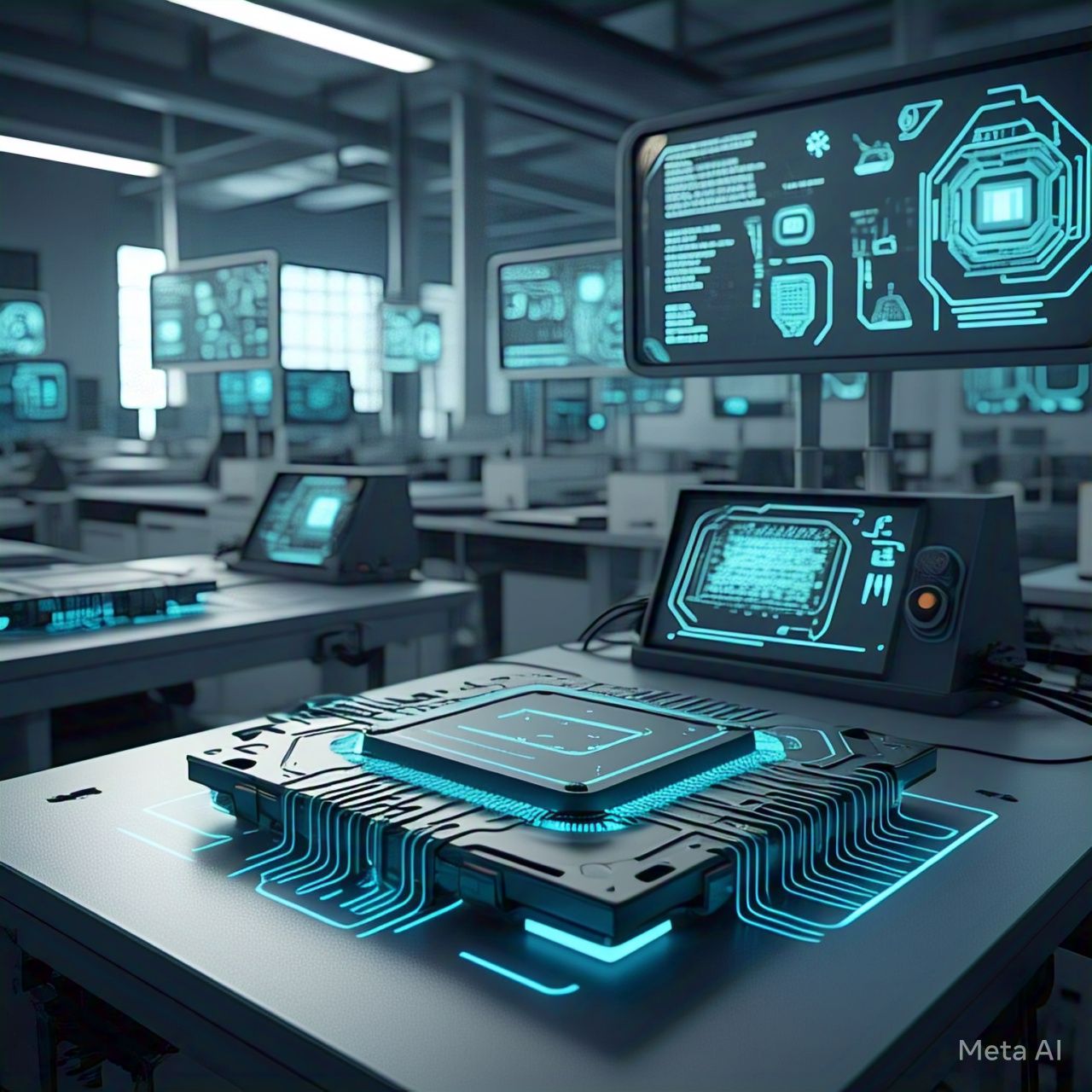Introduction
The artificial intelligence revolution has fueled an unprecedented demand for powerful, efficient, and specialized AI chips. While established giants like NVIDIA, Intel, and AMD have dominated the semiconductor industry, a wave of innovative startups is disrupting the market with cutting-edge designs tailored for AI workloads. These next-generation AI chips promise higher performance, lower energy consumption, and cost-efficient scalability, challenging the status quo in computing.
Why AI-Specific Chips Are the Future
Traditional CPUs and GPUs are not fully optimized for the specialized computations required in deep learning and AI applications. The emergence of AI-specific chips—including neural processing units (NPUs), tensor processing units (TPUs), and application-specific integrated circuits (ASICs)—has redefined computing efficiency by:
- Accelerating AI workloads through parallel processing.
- Reducing power consumption compared to general-purpose processors.
- Optimizing memory bandwidth for large-scale AI models.
- Enhancing real-time inference performance in edge devices.
How Startups Are Disrupting the AI Chip Market
Startups are leading the charge in AI hardware innovation by leveraging novel architectures, chiplet designs, and software-hardware co-optimization. Here’s how they are shaking up the industry:
1. Developing Domain-Specific AI Chips
Unlike traditional semiconductor firms focusing on general-purpose AI chips, startups are designing custom AI accelerators tailored for specific applications, such as:
- Autonomous Vehicles: Low-latency AI chips for real-time sensor processing.
- Edge AI: Power-efficient chips for smart cameras, IoT devices, and mobile AI.
- Data Centers: High-performance AI processors for large-scale model training.
2. Leveraging Chiplet and Modular Design
Startups are adopting chiplet architectures to scale AI chips more efficiently. Instead of relying on monolithic silicon, chiplet-based designs offer:
- Improved manufacturing yield by reducing defects in large dies.
- Greater scalability by integrating specialized processing units.
- Enhanced customization for AI workloads with modular components.
3. Innovating with Neuromorphic and Quantum AI Chips
Several startups are pushing the boundaries with next-gen computing paradigms, such as:
- Neuromorphic AI Chips: Mimicking the human brain’s neural networks for ultra-low-power AI processing.
- Quantum AI Chips: Exploring quantum computing to solve complex machine learning problems at speeds unachievable with classical chips.
4. Optimizing AI Chips for Energy Efficiency
With data centers consuming massive amounts of energy, startups are prioritizing low-power AI chips using techniques like:
- Analog computing to reduce energy waste in neural network computations.
- Sparse computing to focus only on necessary data, cutting down processing costs.
- In-memory computing to minimize data movement and improve efficiency.
Leading AI Chip Startups to Watch
Several startups have emerged as key players in AI chip innovation, including:
- Graphcore: Known for its Intelligence Processing Unit (IPU), designed for parallel AI workloads.
- Cerebras Systems: Creator of the world’s largest AI chip, designed for ultra-fast deep learning training.
- SambaNova Systems: Focused on reconfigurable AI computing for enterprises.
- Mythic AI: Specializing in analog AI chips for power-efficient edge computing.
The Future of AI Chips and Market Disruption
With rapid advancements in AI model complexity, edge computing, and quantum AI, startups are set to drive the next wave of semiconductor innovation. The shift toward open-source hardware, AI-optimized memory architectures, and software-hardware integration will further accelerate the adoption of next-gen AI chips, forcing tech giants to rethink their strategies.
Conclusion
The AI chip industry is undergoing a major transformation, with startups challenging incumbents by pioneering faster, more efficient, and cost-effective AI processors. As AI applications expand across industries, these disruptive technologies will shape the future of computing, making AI more accessible, sustainable, and powerful than ever before.





